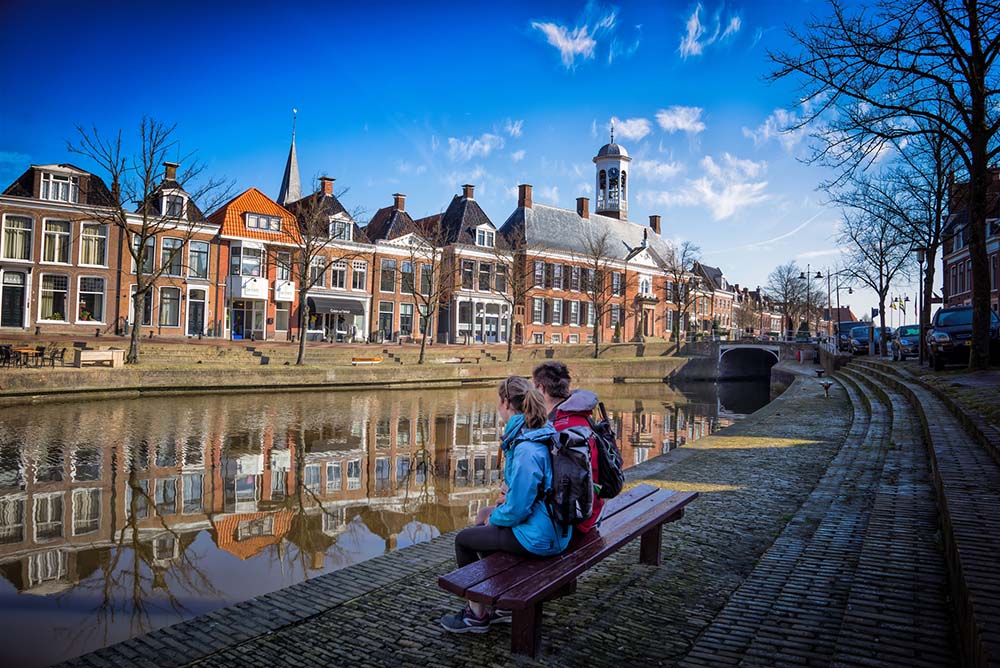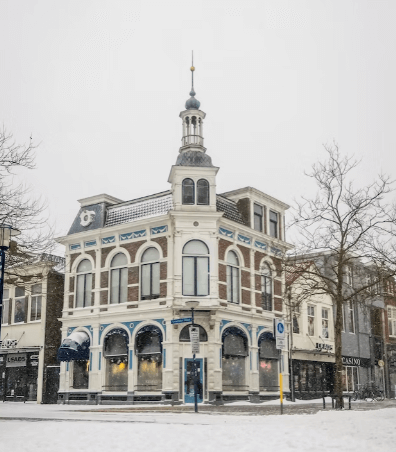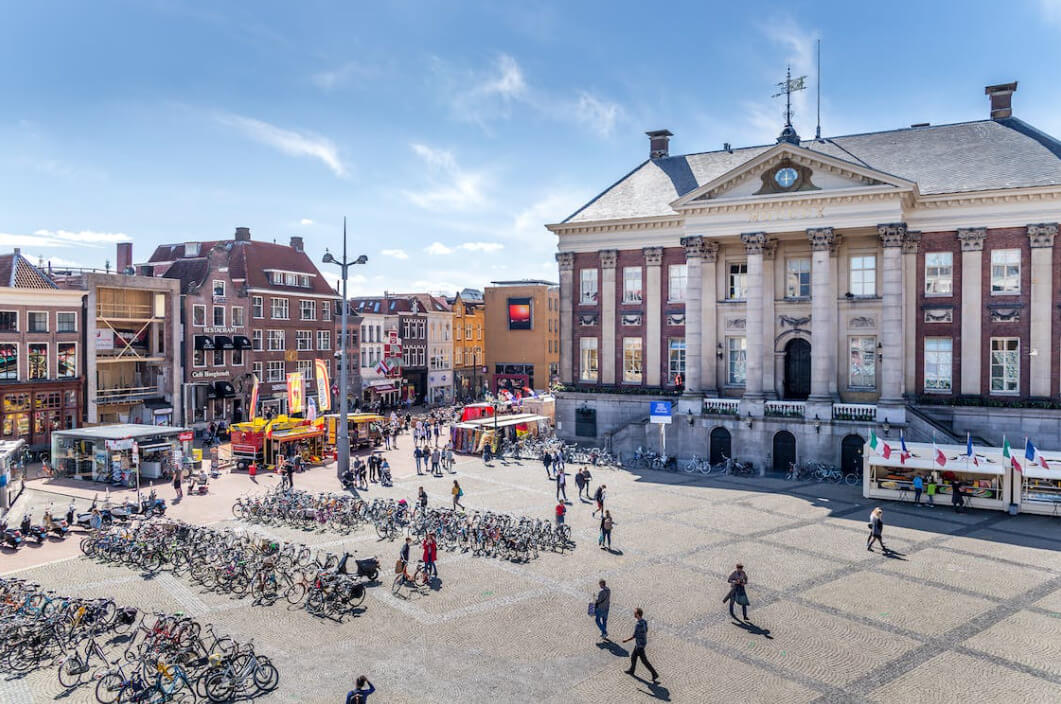PhD in Late Medieval and Early Modern Urban History

Fully funded PhD position (1.0 FTE) with the Centre for Historical Research at the Faculty of Arts, University of Groningen, in the project “The Art of Governance: Politics of Society and Economy in the Urban Low Countries, c. 1400-1600”.
As a PhD candidate, you will develop your own research project on “Urban Governance in the IJssel Region, c. 1450-1600”, in collaboration with the project leader, Dr Arie van Steensel. You will conduct independent and original academic research and report results via peer-reviewed publications, conference presentations, and ultimately a PhD dissertation. You will also be requested to teach. This PhD project offers a unique opportunity to develop yourself as an academic researcher and to work local and international research contexts.
The PhD project
The IJssel region was economically and culturally a dynamic region in the late medieval Low Countries. The mid-size commercial towns of Deventer, Kampen, Zwolle and Zutphen were part of the extensive economic network of the German Hanse towns and home to the religious movement of the Modern Devotion. They became increasingly entwined with other territorial polities in the Low Countries from the fifteenth century onwards. The dynamics of economic change, political integration and religious renewal implied that the histories of the towns were of adaptation to shifting political, economic and religious conditions rather than of urban decline. You will examine the interactions between authorities and citizens in the IJssel towns between 1400 and 1600, and the impact of social, economic and environmental measures on society. In order to explain the emergence and effects of urban governance, you will analyse the process of decision-making and the implementation of policies in the context of power relations, political ideas and wider societal dynamics. Your findings will make a fundamental contribution to debates on power, governance and well-being, and the effects of (good) governance on living conditions.
The research involves a systematic and question-driven consultation of archival records (mainly written in Middle and Early Modern Dutch) from the IJssel towns, especially town council resolutions and minutes, by-laws and verdicts, petitions, town accounts and fiscal records, and various records produced by guilds, citizens and other urbanites. In order to process the archival material, the HTR-tool Transkribus will be used in partnership with an ongoing digitization project of Collectie Overrijsel. The data will be qualitatively and quantitatively analysed by means of annotation and geospatial tools.
The PhD project contributes to the research project that aims to provide an innovative, timely and integral analysis of governance and the political economy of, primarily, the IJssel towns, with the aim of integrating this urban region better into the most recent historiographical debates about the premodern urban Low Countries and of putting some of the historiographical and theoretical assumptions about the role of institutions, political participation and inequalities in urban societies to the test. The project will contribute to the knowledge of the histories of Deventer, Kampen, Zutphen and Zwolle, and your findings about the ways in which authorities and citizens interacted to shape urban society in the past will also be communicated to a general public by means of lectures and publications.
You will be asked to:
- Develop your own PhD project within the broader research project in consultation with the supervisor.
- Conduct independent and original historical research.
- Report results via peer-reviewed publications, conference presentations, and ultimately a PhD dissertation.
- Conduct a total of 0.4 FTE teaching spread over the second, third, and fourth years of your appointment.
- Complete the PhD in the specified timeframe (4 years).
- Contribute to scientific and public engagement.
The University of Groningen
Since its foundation in 1614, the University of Groningen has established an international reputation as a dynamic and innovative university offering high-quality teaching and research. Its 33.000 students are encouraged to develop their own individual talents through challenging study- and career paths. The University of Groningen is an international centre of knowledge: It belongs to the best research universities in Europe and is allied with prestigious partner universities and networks worldwide.
The Faculty of Arts
The Faculty of Arts is a large, dynamic faculty in the heart of the city of Groningen. It has more than 5.000 students and 700 staff members, who are working at the frontiers of knowledge every day. The Faculty offers a wide range of degree programmes: 15 Bachelor's programmes and over 35 Master's specialisations. Our research, which is internationally widely acclaimed, covers Archaeology, Cultural Studies, History, International Relations, Language and Literary Studies, Linguistics and Media and Journalism Studies.
Programme
History is a large and dynamic department with a strong regional anchor and an international outlook. It accommodates and facilitates international state-of-the-art research in several major historiographical and interdisciplinary fields. We introduce our students to the diversity and complexity of human experience in the past and in present societies around the globe through the study of civilisations, regions, nations, communities, and individuals across all historical periods. We organise our teaching and research around a variety of thematic, geographical and theoretical approaches including, among others, network theories, connected history, reading history, medical humanities, material culture studies, postcolonial perspectives, and digital humanities.






